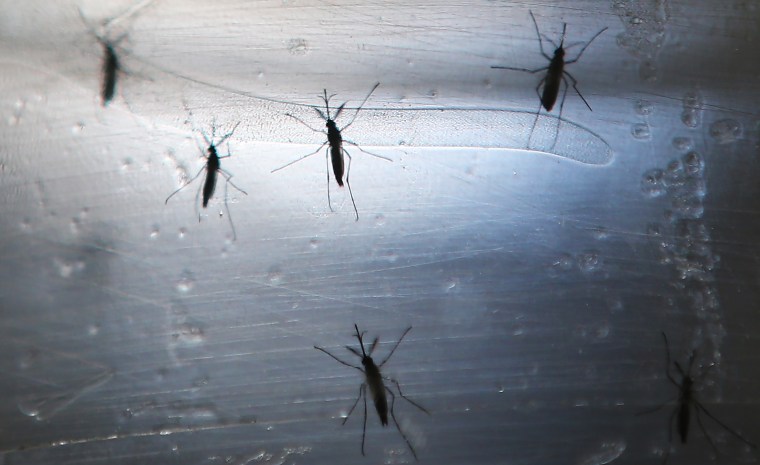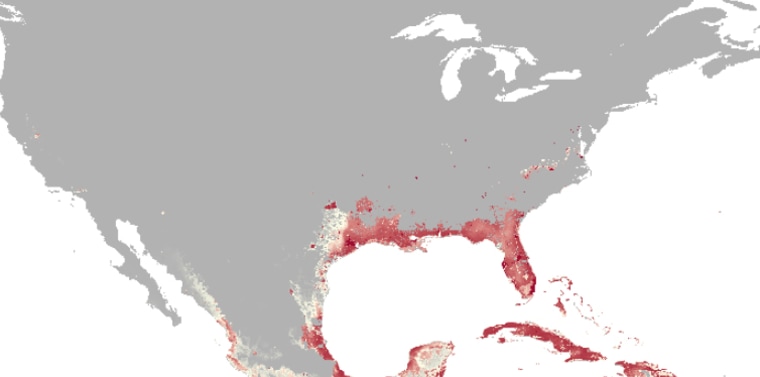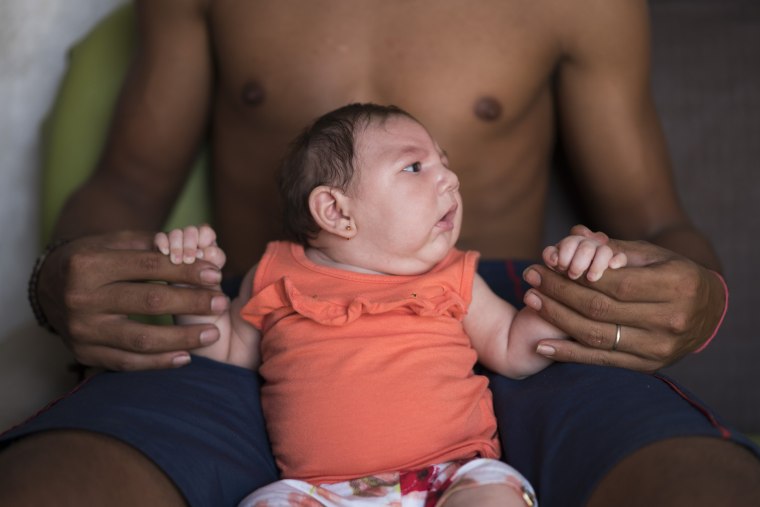It’s summer in the U.S. and mosquito season is at its peak. And favorite summer vacation destinations include many in the Zika zone.
Who needs to worry about the virus, and what can you do? Here are some answers to the most pressing questions about Zika.

Do I need to worry about Zika?
All evidence suggests that most people do not need to worry about Zika. There are not any updated statistics yet on how many people have symptoms, but in one well-studied outbreak, just one in five people did.
The people who need to worry most are pregnant women or women who could become pregnant. Zika’s been shown to cause severe birth defects in babies born to women who are infected while pregnant. And because half of all pregnancies in the U.S. are unplanned, any woman who might potentially become pregnant needs to worry -– and so do her sexual partners, because Zika can be passed on by sex.
Zika is spreading locally, as expected, in one neighborhood in the Miami area and state and federal health staffers are working to eradicate mosquitoes there and help educate people about the risks. The CDC's advised pregnant women to stay away from there if possible.
Zika can also cause Guillain-Barre syndrome and other neurological complications in rare instances, just as many other infections do. There’s not any good way to predict who’s most at risk of these complications, so the advice is for everyone to avoid getting infected if at all possible.
How do I safely avoid mosquito bites?
Staying away from areas where mosquitoes are circulating is the best way, of course, but that’s not always possible. Repellents work well, and despite fears about chemicals, sprays containing DEET are among the most effective, the Centers for Disease Control and Prevention advises. DEET is safe for pregnant women and for children to use.
Related: Some 'Natural' Mosquito Repellents Don't Last
The CDC and other experts also advise covering up with long sleeves and long pants, using screens and air conditioning.
The Aedes mosquitoes that transmit Zika like to live close to people, and the CDC advises keeping even the smallest containers empty of standing water. Aedes species of mosquitoes don’t breed so much in open water as inside homes, in flowerpots, birdbaths, pet dishes, trash and small puddles. And they bite in the daytime, not at night.
Where’s the biggest risk?
Anywhere that has the Aedes aegypti mosquito –- better known as the yellow fever mosquito as it carries that virus, along with dengue and chikungunya, also. That means most of Central and South America and the Caribbean, the South Pacific, Africa, southeast Asia and the U.S. Gulf Coast. The Aedes albopictus mosquito, also known as the Asian tiger mosquito because of its distinctive stripes, can also carry Zika and it thrives in a wider variety of environments, including cooler climes. The CDC has a county-by-county map showing where Zika is most likely to take hold in the U.S.

Related: Local Health Officials Give up on Congress
Where did Zika come from?
Zika originated in Africa and appears to have spread slowly until around 2013 and 2014. It really took off in Brazil last year, and scientists are not yet sure precisely why. It could have to do with some genetic mutations that evolved, or it may be that it was noticed because it hit a big population of people who had no immunity to the virus, so that millions became infected very quickly.
What happens if I get Zika?
The most common symptom appears to be a raised rash. People also report fever, muscle aches and red eyes. Some patients report they felt really tired and sore, while others don’t remember any symptoms at all.
Related: Here's What Zika Infection Looks Like
If you are pregnant or might be, it’s important to see a doctor right away and get tested. There’s no known way to protect a baby whose mother is infected, but doctors want to keep an eye on the pregnancy. Much of the damage Zika can do to a developing fetus is invisible until after the child’s born but if Zika has caused severe brain damage, it will show up on scans by the third trimester.
Men who have been infected need to remember the virus can stay in their semen for weeks or even months. People have also been infected via oral and anal sex with men. Men need to practice safe sex for at least six months after a Zika infection to be sure they are not infecting their partners. That means using a condom every time, the CDC and World Health organization say.
There's no cure for Zika infection but it usually clears up in about a week and doctors believe people are immune after that.

